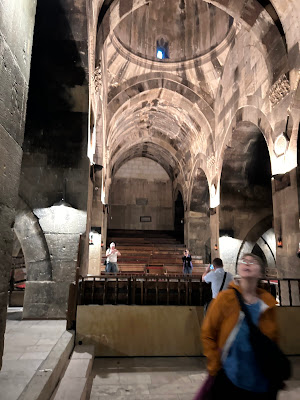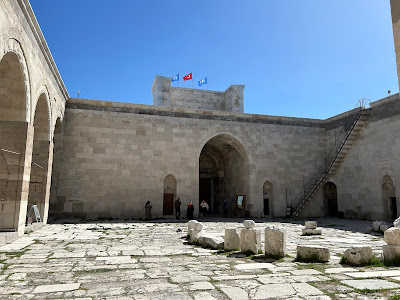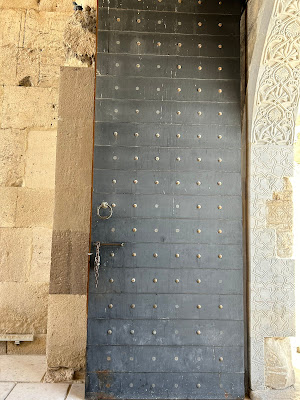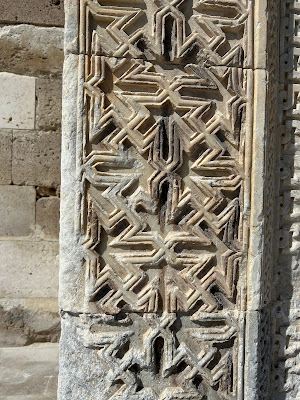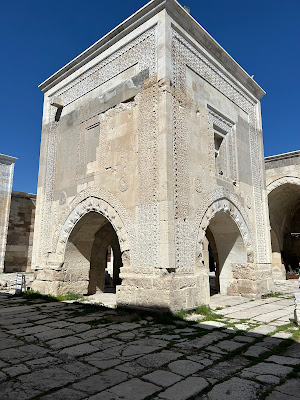In what has become an annual tradition (apparently since 2019 - who knew?), I like to take the last post of the year to thank you, my readers.
Actual readership numbers are always something that at best have been somewhat difficult to assess on Blogger - yes, I can pull up daily, weekly, monthly, annual and even "all time" readership, but I have no real idea what that means. In some cases those are quick hits and departures, on occasions they spike (highest number of views was on 26 October with 6,600) probably due to an unintentionally provocative title on my part or ending up on a "list" somehow - but somewhere in there is a regular readership of some form and fashion.
All writers write to be read by someone, somewhere. And that seems to be getting a little less likely every year, it seems. Part of the reason is that the focus of the InterWeb has shifted from long form writing to short form "social media" or posts that emulate it. Part of it also seems to be due to the fact that those who write such things - especially for money - are finding their incomes dropping with an apparent change in advertising algorithms that seem to be reducing advertising income on a great many sites (Not just on Blogger: The Tube of You content creators and even dedicated Websites like The Art of Manliness have noted this), which encourages them to either stop writing or to start things like subscription only models like SubStack. And finally, there is an aspect of generational readership that reads such things, a readership which I suspect leans largely to the "older" side of things.
It is not a complaint of course; like it or not we must take reality as it presents itself. Which makes every reader all the more precious.
And so once again, thank you.
Thanks for taking the time out of your one and precious life to spend some time with me - be it regularly or periodically. Thanks to those that are comfortable and willing to comment. Thanks to those who never comment but persevere in reading.
Thanks for heroically sticking with me and what I write, no matter how unplanned or turgid it might be.
I will spare us all the year in review (it has been mentioned more than once this month), but this was obviously not the year I intended to have at all. What in some ways made it bearable (and continues to do so) is the fact that I have an outlet that I can (within limits of reason) lay out what is on my mind and heart - "wearing my heart upon my sleeve for the jackdaws to peck at", as Iago states in Othello. I have stated more than once that this serves as both journal and therapy for me.
I cannot claim I know what 2025 will bring, although one hopes for a bit more stability than 2023 and 2024. But stable or not, I will be here with undoubtedly new adventures, observations, and perhaps even the occasional coherent thought.
From the bottom of my heart, thank you so very much.
Your Obedient Servant, Toirdhealbheach Beucail












